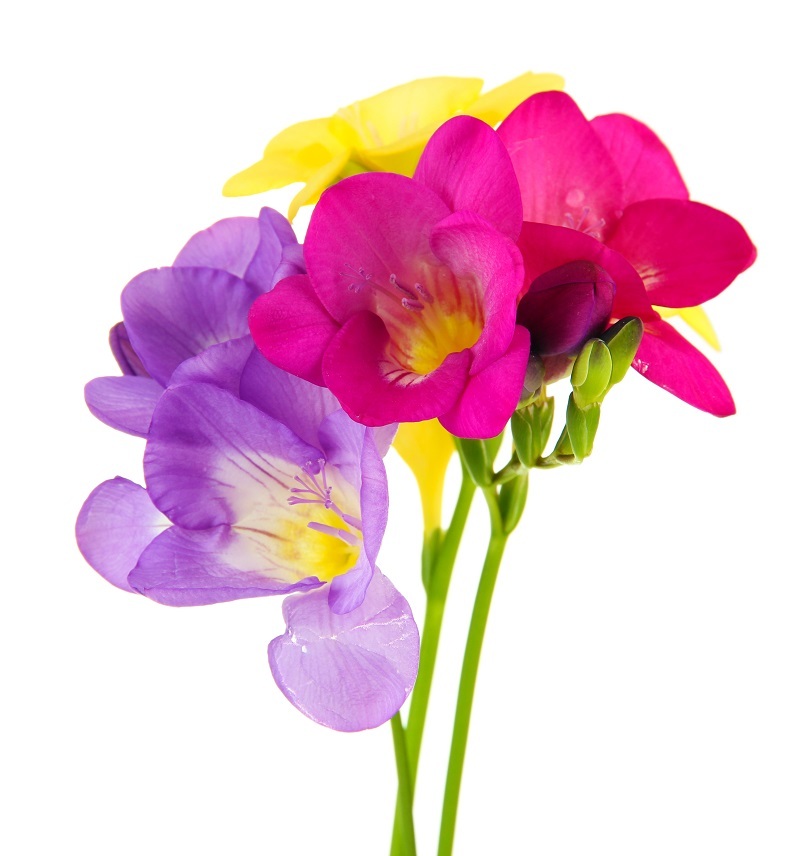Enchanting Scents: Greek Mythological Flowers
Posted on 11/09/2024
Greek mythology is an ever-intriguing realm with stories that include gods, goddesses, heroes, and monsters. However, one unique aspect that is often interwoven into these myths is nature -- especially flowers. Various flowers in Greek mythology carry profound meanings and timeless beauty, each associated with tales of love, loss, and transformation. This article explores some of these magnificent flowers and the myths that make them truly enchanting.
The Narcissus Flower: A Tale of Vanity and Unrequited Love
The story of the Narcissus flower is arguably one of the most famous Greek myths associated with flowers. Narcissus, a young man of extraordinary beauty, became the central character in a tale of vanity and unrequited love. According to the myth, Narcissus was so entranced by his reflection in a pond that he fell in love with it, unable to tear himself away. Eventually, he withered away from longing and was transformed into the Narcissus flower by the gods. This tale serves as a cautionary message about the perils of excessive self-love and vanity. The delicate white petals and the soft, sweet fragrance of the Narcissus flower have since become a symbol of beauty tinged with sadness.

The Hyacinth Flower: A Story of Friendship and Loss
Another significant flower in Greek mythology is the Hyacinth. The tale of this flower is one of friendship, jealousy, and deep sorrow. Hyacinthus was a handsome youth beloved by both Apollo, the sun god, and Zephyrus, the god of the west wind. One day, while playing a game of discus with Apollo, Zephyrus, out of jealousy, diverted the discus, causing it to strike Hyacinthus and fatally wounding him. From the blood of the dying Hyacinthus, Apollo created a new flower, which came to be known as the Hyacinth. This flower, with its rich purple or blue blossoms, symbolizes the themes of mourning and remembrance, a tribute to a life ended too soon.
The Anemone Flower: Love That Never Blooms Forever
The anemone flower is another powerful symbol in Greek mythology, often associated with the myth of Adonis and Aphrodite. Adonis, a mortal of remarkable beauty, was loved by Aphrodite, the goddess of love. However, Adonis was tragically killed by a wild boar during a hunt. As Aphrodite mourned his death, her tears mixed with his blood, giving rise to the anemone flower. The fleeting beauty of the anemone reflects the transient nature of life and love, embodying the ephemeral moments that define our existence. Often found in hues of red, white, and purple, the anemone continues to be a poignant reminder of love lost and the passage of time.

The Lotus Flower: Symbol of Purity and Rebirth
While not exclusive to Greek mythology, the lotus flower holds a special place in various myths, symbolizing purity, enlightenment, and rebirth. In Greek tales, the lotus-eaters were a group of people who lived on an island and consumed the intoxicating lotus fruit, which caused them to forget their home and loved ones. The lotus flower, with its ability to rise clean and pure from muddy waters, represents spiritual awakening and the renewal of life forces. This symbolism transcends Greek mythology and is widely prevalent in cultures around the world.

The Poppy Flower: The Sleep of Morpheus
The poppy flower has a unique connection with Greek mythology, particularly with Morpheus, the god of dreams. Morpheus, one of the Oneiroi, was believed to send human shapes into dreams, sculpting dreams from his subterranean abode. The poppy, especially the opium poppy, significantly aligns with this myth due to its sedative properties. The vibrant red petals of the poppy symbolize both sleep and death, weaving a complex narrative of rest and the eternal slumber of mortality.
Conclusion: The Enduring Magic of Mythological Flowers
Greek mythology offers a window into the ancient world, revealing the values, beliefs, and imagination of the Greeks. The enchanting scents and vivid colors of these mythological flowers are intertwined with stories that have transcended time, illustrating the human experience in its many forms -- love, vanity, loss, rebirth, and remembrance. Each flower is not just a beautiful bloom but a storyteller, holding within its petals a piece of mythological history that continues to enchant and inspire.
The legacy of these flowers endures, reminding us of the timeless connection between nature and human stories. Whether it's the Narcissus reflecting the peril of vanity, the Hyacinth symbolizing deep loss, or the poppy embodying the solace of sleep, these mythological flowers carry forward the fascinating tales of the Greek gods and heroes. As we admire these blooms today, we are reminded of the rich tapestry of myths that continue to shape our understanding of beauty, nature, and the human soul.
Latest Posts
Transforming Petals: The Enchanting Hydrangea Flower
Best-Lasting Cut Flowers: A Dozen to Choose


